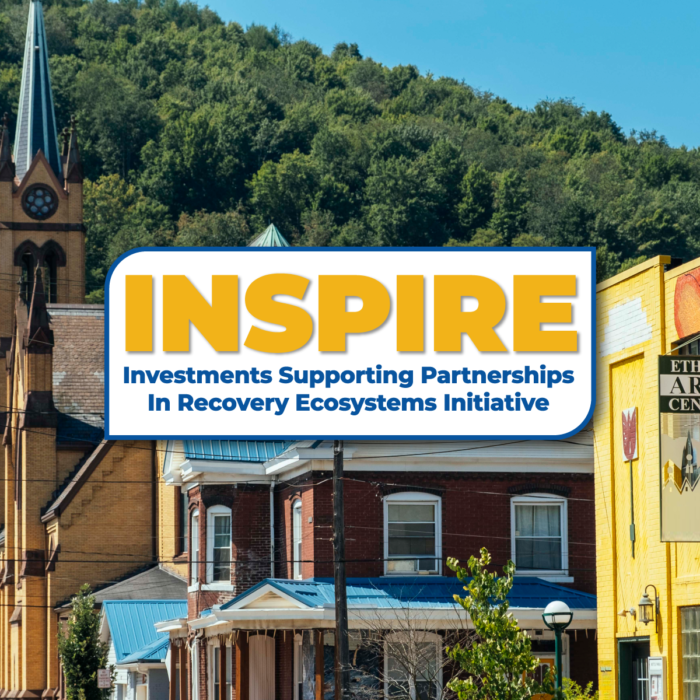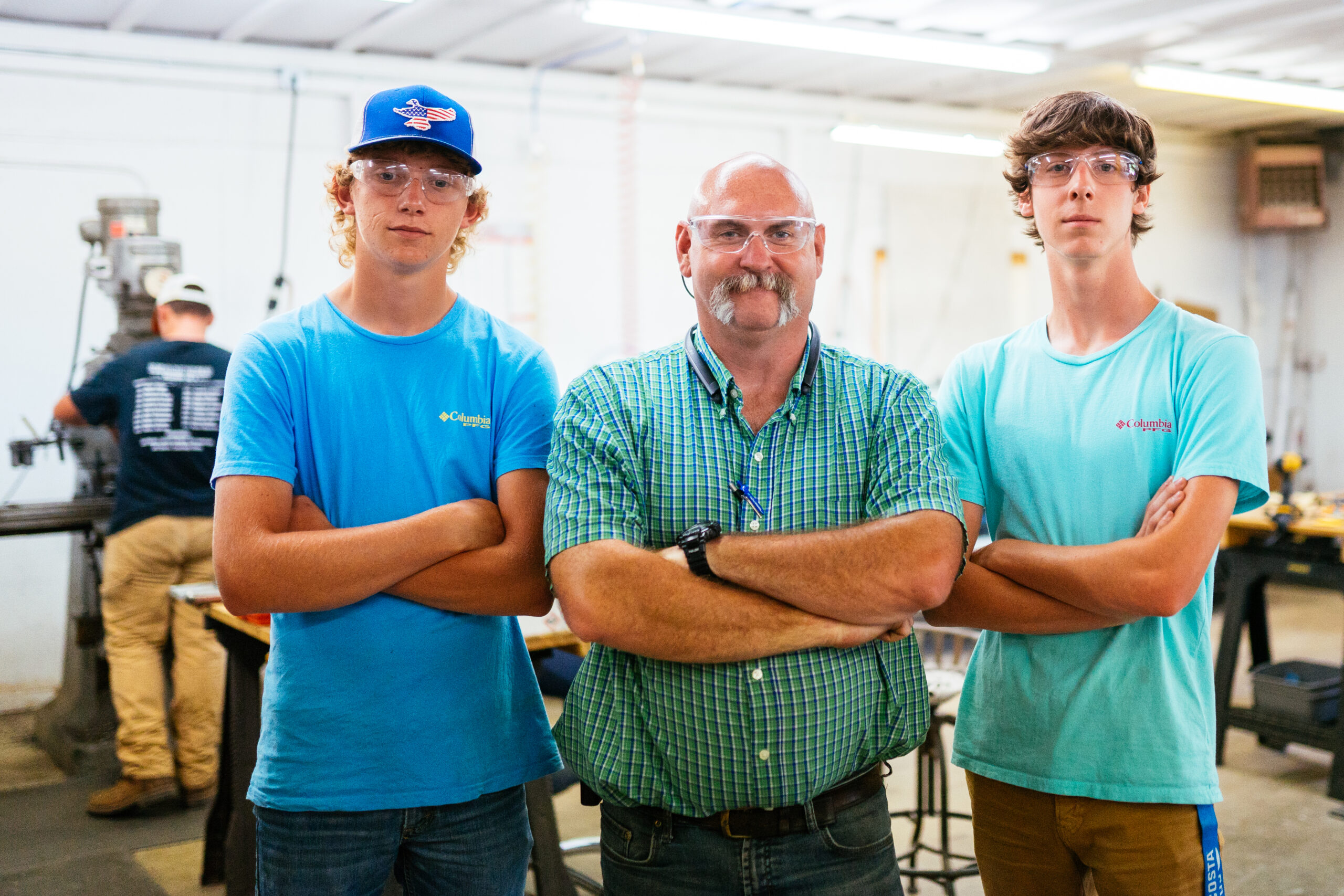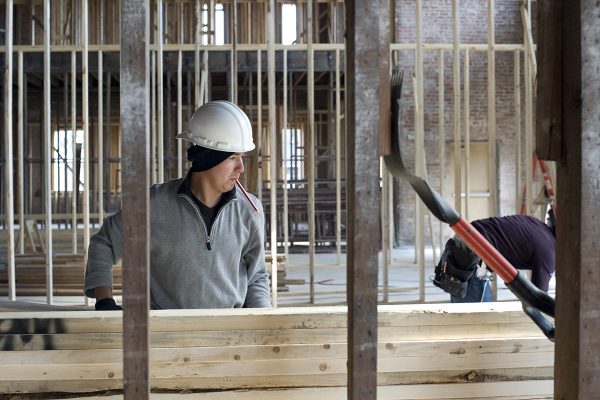
In 1980, Fahe was founded to provide access to workforce training and financial resources for locally rooted nonprofit organizations. Its founding members quickly learned they could “go further together,” and has since grown into a strong network of 50+ nonprofits from six states working toward a more prosperous Appalachian Region by delivering of housing, leadership, education, economic opportunity and health and social services.
In Eastern Kentucky, Fahe has long partnered with ARC to bring opportunity to those facing hardships such as high unemployment and substance use disorder, especially by helping families secure a safe and affordable place to call home. With support from ARC INSPIRE funding, Fahe is deepening their impact through partnerships with local leaders, employers and municipalities in Kentucky’s coalfields.
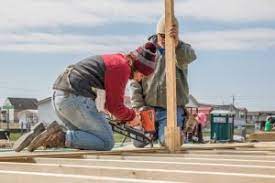
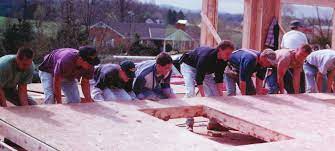
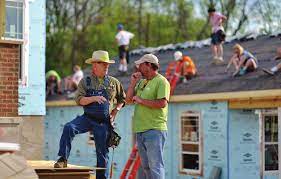
In many Eastern Kentucky communities, Fahe Members are the only developers of new homes and often struggle to find nearby subcontractors. This not only reduces the delivery of construction and housing development services, but also impacts the availability of critical on-the-job training and employment opportunities.
Fahe is grateful to use INSPIRE funding to help rebuild communities devastated by historic flooding. It will take time and planning to recover. However, Appalachians are strong, resilient people…By working together to rebuild the workforce – we can rebuild Eastern Kentucky.
Pam Johnson, Fahe’s Sr. VP of Innovation.
To simultaneously tackle the substance use disorder crisis and an aged and dilapidated housing stock, Fahe used a $500,000 INSPIRE award to launch their Expanding Successful Recovery Workforce Pathways program. Two established recovery-to-work programs — the Housing Development Alliance (HDA) in Hazard and HOMES, Inc. in Whitesburg — trained and supported vulnerable populations as they learn construction skills that can build up their communities. This program is particularly important, especially in the aftermath of historic flooding which has made the area’s need for housing more dire.
Fahe has worked to identify potential employers, meet with recovery community partners and conduct educational sessions on successful recovery-to-work models. HDA and HOMES managed enrollment and on-the-job training for interns, and created a 12-month workplan to complete the construction of two single-family homes per quarter. Upon successful completion of the program, trainees received continued support by Fahe to secure full-time jobs with employers recruited — and trained in recovery-friendly practices.
“People in recovery want a chance to give back to their communities,” said Fahe’s Senior Vice President of Innovation Pam Johnson. “Fahe has an established network of recovery partners and years of shared success to inform our program design and delivery.”
